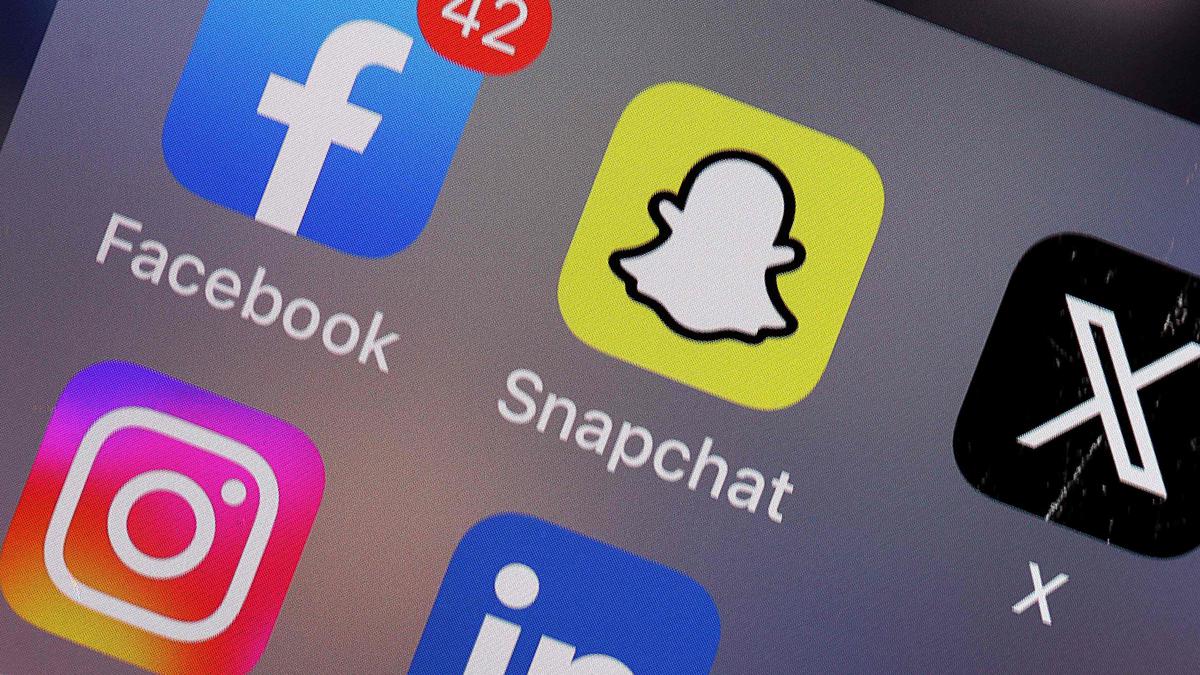
Social media influencers on EC radar, but telling opinion apart from paid content is a challenge
The Hindu
To ensure accountability in political messaging on social media platforms during polls, the Election Commission will keep a close watch on social media influencers and those who indulge in providing indirect publicity to political parties and candidates.
To ensure accountability in political messaging on social media platforms during polls, the Election Commission will keep a close watch on social media influencers and those who indulge in providing indirect publicity to political parties and candidates.
Top officials from the Election Commission on Wednesday asserted that provisions of the Model Code of Conduct (MCC), will also apply to campaigning through the Internet and social media.
“Monitoring and effectively regulating all influencer activities on social media is a complex and challenging task due to the sheer volume of content and the difficulty in distinguishing between genuine opinions and paid promotional content. However, all social media influencers in Karnataka are under our radar,” said Suryasen A.V., Special Officer (Media and IT), in Karnataka.
“We have a district-wise list of around 300 such influencers and are keeping a close watch on their accounts,” he told The Hindu on the sidelines of a workshop on media’s role in the electoral process. The workshop was organised by the Office of the Chief Electoral Officer in Karnataka and the Department of Information and Public Relations.
Venkatesh Kumar R., Additional Chief Electoral Officer (CEO), said a private agency had been roped in to prepare the list of social media influencers and keep a watch on their social media activity. “All political advertisements on social media will have to be pre-certified and expenditure on campaigning through the Internet will have to be reported. Although the Media Certification and Monitoring Committees (MCMC) track the print and the electronic media, keeping a watch on social media is challenging,” he said.
“Addressing these challenges requires a multi-faceted approach involving collaboration with social media platforms and public awareness campaigns to promote transparency and accountability among influencers. If any of them are found to be violating the rules, action can be initiated under Section 171 H of the Indian Penal Code (IPC),” he said.
The Election Commission of India (ECI) has issued detailed guidelines for political advertisements on such platforms that include obtaining certification for content before putting them in the public domain. It is mandatory for political parties and individual candidates to keep details of expenditure incurred on advertisements on social media and the expenses will be accounted for in the total election expenditure incurred by the candidates. Besides, all social networking sites have also been asked to maintain expenditure incurred by the political parties and individual candidates on social media advertisements, he said.

Senior BJP leader and former Telangana Governor Tamilisai Soundararajan on Saturday (November 23, 2024) said the landslide victory of the Mahayuti alliance in the Maharashtra Assembly election was historic, and that it reflected people’s mindset across the country. She added that the DMK would be unseated from power in the 2026 Assembly election in Tamil Nadu and that the BJP would be the reason for it.










